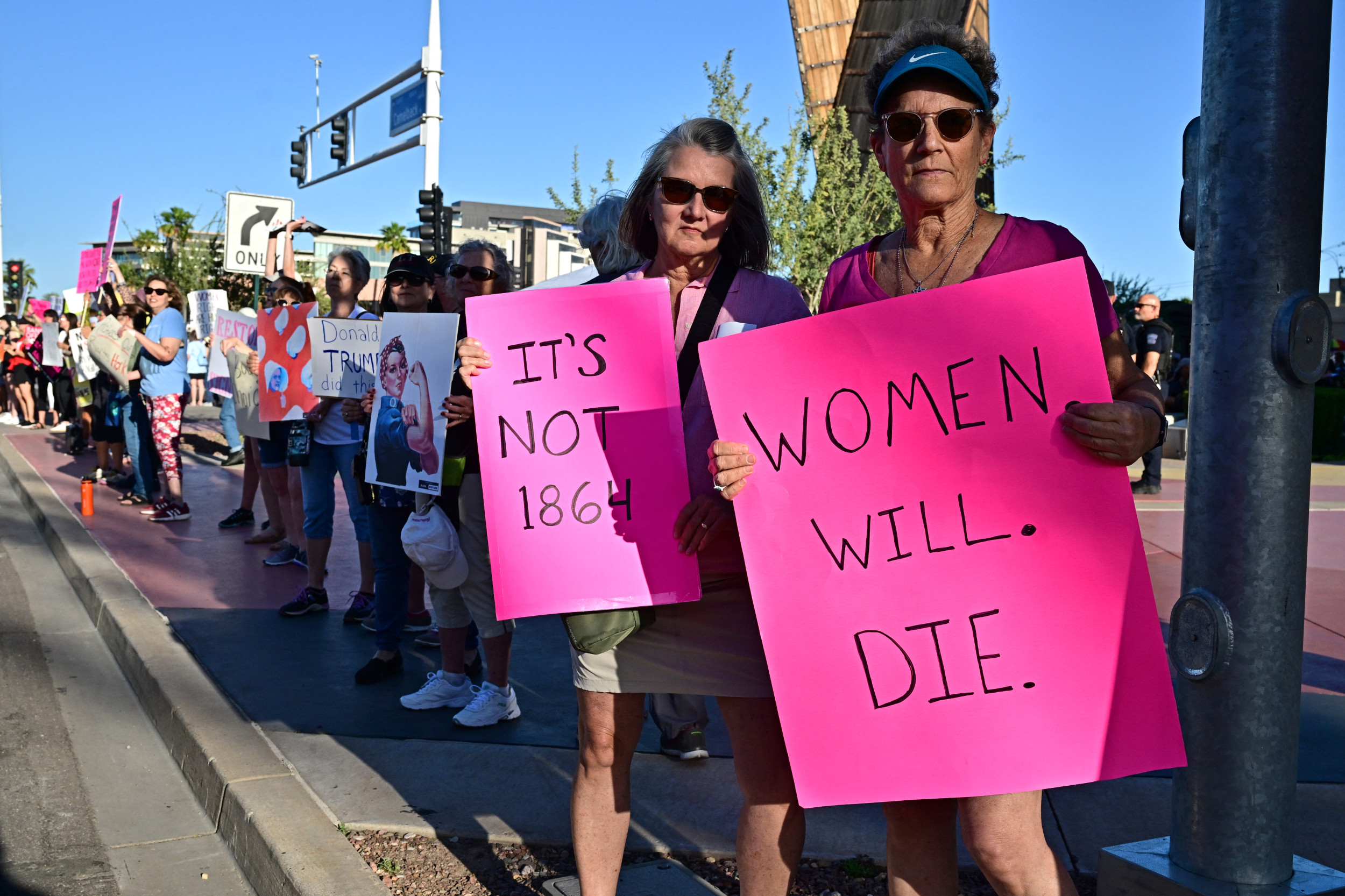The opioid epidemic is perhaps the most enduring and damaging public health crisis in American history, and one that has been perpetuated by systemic barriers, indifference, and a lack of awareness and education among the public. Drug overdoses are a leading cause of injury-related death in the United States and most involve opioids. According to the National Institute on Drug Abuse, 80,411 Americans died from an opioid overdose in 2021. That's more than 220 lives lost every day.
The fact is that treatment for opioid addiction is possible anywhere and by any health care professional. Treatment—often through medication-assisted treatment (MAT), which may be offered either in-person in a clinic or virtually through telehealth—saves lives and supports recovery from opioid use disorder. However, only about 1 in 4 people with opioid use disorder receive treatment.
The tools to properly administer this treatment and reduce harm in our communities are often made inaccessible to those who need them most by systemic barriers, knowledge gaps, and antiquated thinking. These tools, such as Naloxone, are helping save lives, but greater investment from our government into expanding access to and education on how to safely use them is needed.
Just this year, the Food and Drug Administration (FDA) approved over the counter (available without a prescription) Naloxone (branded as Narcan), a nasal spray that can reverse opioid overdoses. Everyone, yes everyone, should get trained in its use and carry it with them daily. Studies estimate that a bystander is present for around 40 percent of opioid overdose deaths. Having naloxone could enable bystanders to reverse an overdose and potentially save many lives.
Another decision this year allowed all practitioners with a DEA registration to prescribe buprenorphine for opioid use disorder. There remain additional opportunities to implement policy changes that further expand the accessibility of useful harm reduction strategies like fentanyl testing strips and needle exchanges, which remain illegal in many states despite their proven effectiveness and widespread use in parts of the United States, Europe, and throughout the world.
Opioid addiction and overdose deaths do not discriminate by race, gender, or social class. It affects all of us, and everyone—especially physicians, psychologists, drug counselors, and other health care professionals—has a role to play in stopping this epidemic.
Whether a trained physician or a member of the public, not nearly enough Americans know what treatments are legal, effective, and available to them to treat opioid addiction and reverse overdoses. It is imperative that psychiatrists and our colleagues in other disciplines who interact with people who have opioid use disorder have a clear understanding of what we can do to help those who need it, and how we can do it.

As people who have dedicated our lives to reducing the harm that illnesses like addiction wreak on our communities and helping our patients live better lives, we also have a duty to hold the systems and payers we work under accountable.
It's important that the public be aware of the risks of opioid use, be aware of its presence in our communities, become educated on how to help themselves or others who may have opioid use disorder, and know how to use Naloxone to reverse an opioid overdose.
The American Psychiatric Association, our member psychiatrists, and our allied groups are committed to leading the charge in advocating to our elected leaders at every level for accessibility of life-saving addiction treatment and full accountability for insurers, health care systems, drugmakers, and everyone who has a stake in this crisis. This epidemic has touched all of us in some way, and those of us who have had specialized training have a duty to put our knowledge and experience to work, whether it is through advocacy, or in sharing our expertise with members of our communities.
We will not rest until we stem the tide of this epidemic. Together, we can ensure that we not only move the needle on the opioid crisis but keep the needle moving until this devastating national crisis finally ends.
Petros Levounis, M.D., M.A., is president of the American Psychiatric Association (APA). Dr. Levounis also serves as professor and chair of the Department of Psychiatry and associate dean for professional development at Rutgers New Jersey Medical School.
The views expressed in this article are the writer's own.
Uncommon Knowledge
Newsweek is committed to challenging conventional wisdom and finding connections in the search for common ground.
Newsweek is committed to challenging conventional wisdom and finding connections in the search for common ground.
About the writer
To read how Newsweek uses AI as a newsroom tool, Click here.





